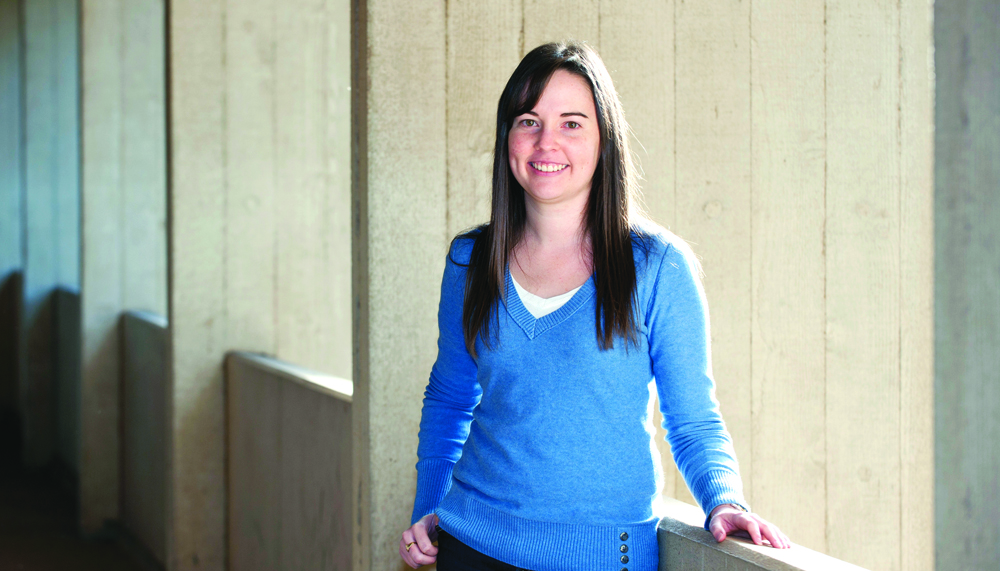Adults with autism could become the hidden face of the disorder due to a lack of adult-specific diagnostic tools, a researcher has warned.
Flinders University PhD candidate Clare Holmes (right) is beginning a four-year study to develop tools to improve the diagnosis and understanding of autism characteristics later in life.
Holmes said many diagnostic tools could identify autism-spectrum disorder in childhood but detection in older people often relied on information that was difficult for adults to obtain or poorly targeted. She said anecdotal evidence showed a growing number of people were being diagnosed in adulthood. “Some people are diagnosed as adults because they are going through the diagnostic process with their child and recognise some of the same characteristics in themselves.
“Others might not have needed a diagnosis until adulthood because they had a lot of support as a child but pressures in adulthood, such as the breakdown of a relationship, might lead them to seek help.”
Milder forms of autism, such as Asperger’s syndrome, had not been added to the diagnostic guidelines until the mid 1990s, so some adults with the condition were likely to remain undiagnosed.
Holmes said she aimed to develop a more comprehensive understanding of what autism looked like in adulthood. “Children and adults with an autism-spectrum disorder will usually show the same broad social impairments and restricted, repetitive behaviours but these traits won’t look the same,” she said. “Some of the communication difficulties in childhood, for example, will be totally different for adults. That’s why I want to develop diagnostic tools that reflect how autism presents in adulthood so we can ensure adults don’t become the hidden face of autism.”
Diagnosis in adulthood could provide relief to people who had experienced unexplained difficulties for many years.
Do you have an idea for a story?Email [email protected]
 Aged Care Insite Australia's number one aged care news source
Aged Care Insite Australia's number one aged care news source

